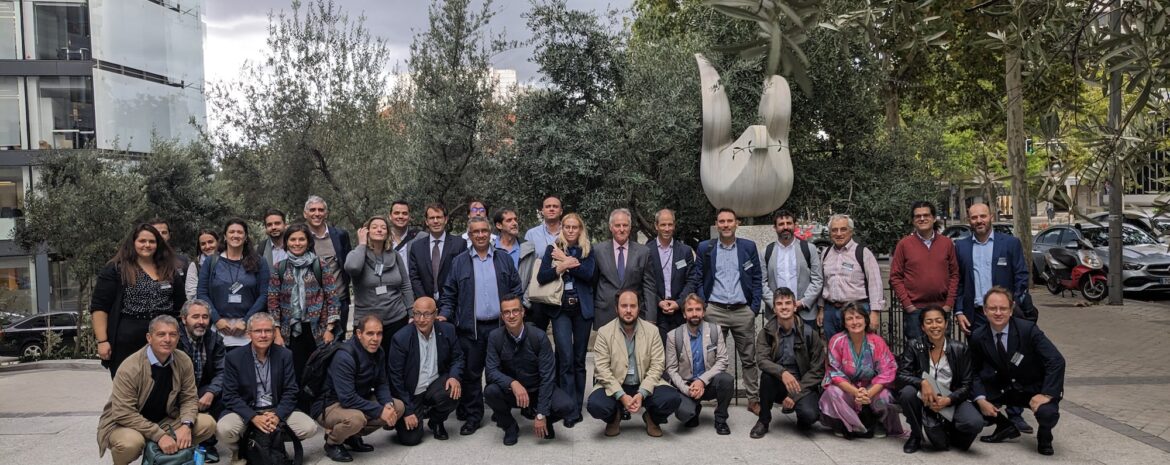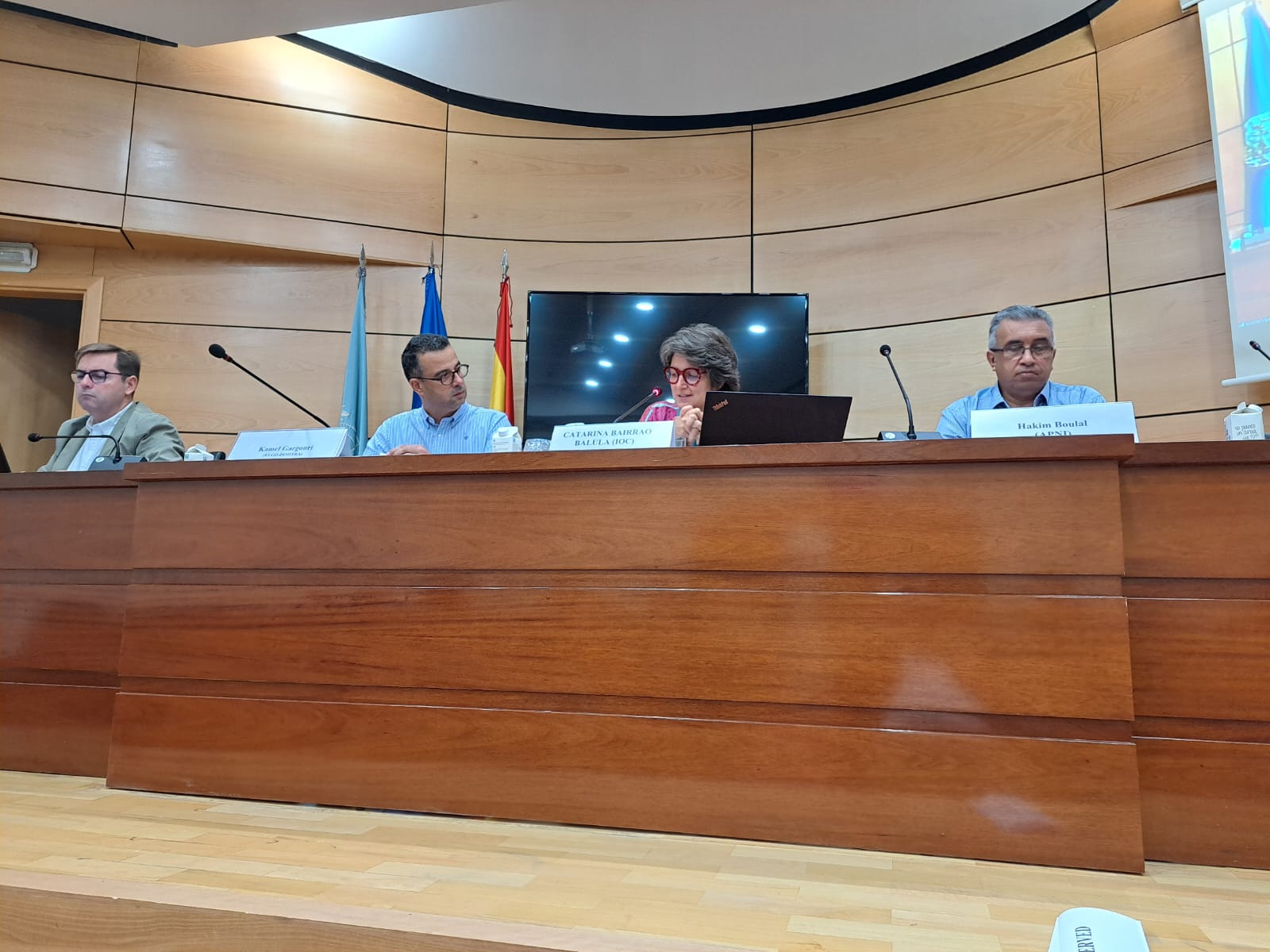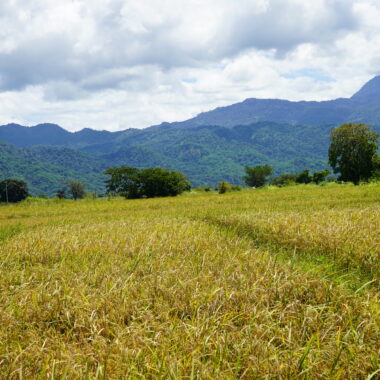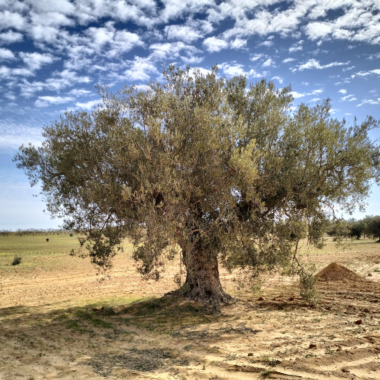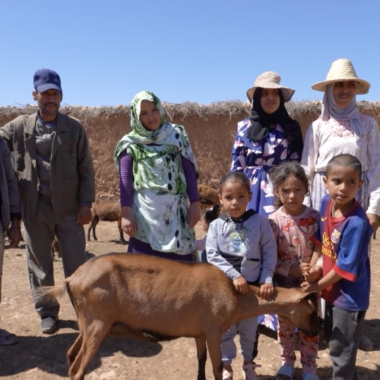Carbon Balance in Olive Production: Part of the Solution to Climate Change Mitigation
Following an invitation from the International Olive Council (IOC), Dr. Hakim Boulal, APNI Senior Scientist and Leader of the Initiative on Resilient Agriculture for African Dryland (RAFAD) participated in the International Workshop on Carbon Balance in the Olive Sector: Part of the solution against climate change this October 17 to 19 in Madrid, Spain.
The aim of the workshop was to bring together stakeholders in the olive sector including olive experts, lawyers, policy makers, project coordinators, and private company representatives to share their interests in the assessment of the carbon balance for olive production. Prospects for CO2 reduction or removal from the system, carbon credit markets, etc., were up for debate with the overall view of creating a platform for reflection on these issues.
Dr. Boulal presented APNI’s current activities, considerations, and strategies on improving the olive carbon balance within the African context. “Our methods for the estimation of above and below ground biomass of olive trees, and the actionable research plan for the assessment of the carbon-nutrient-water nexus in North African olive landscape, contributed to the discussion on science-based methodologies and tools that future C balance assessments must be based upon,” explained Boulal.
Having participants from most of the olive producing countries, the workshop provided a unique opportunity for participants to exchange their ideas and experiences, to reflect on the position of the olive oil and table olive sectors in terms of their contribution to achieving carbon-neutral objectives, as well as reflect on how current industry scenarios can benefit the olive sector as a whole. The meeting achieved a consensus regarding the strong case behind the concept of sustainable olive. The key message that “Olive oil is good for health and the environment” is a way forward for research, development, and climate change mitigation.
APNI contributor: Dr. Hakim Boulal, Senior Scientist.

